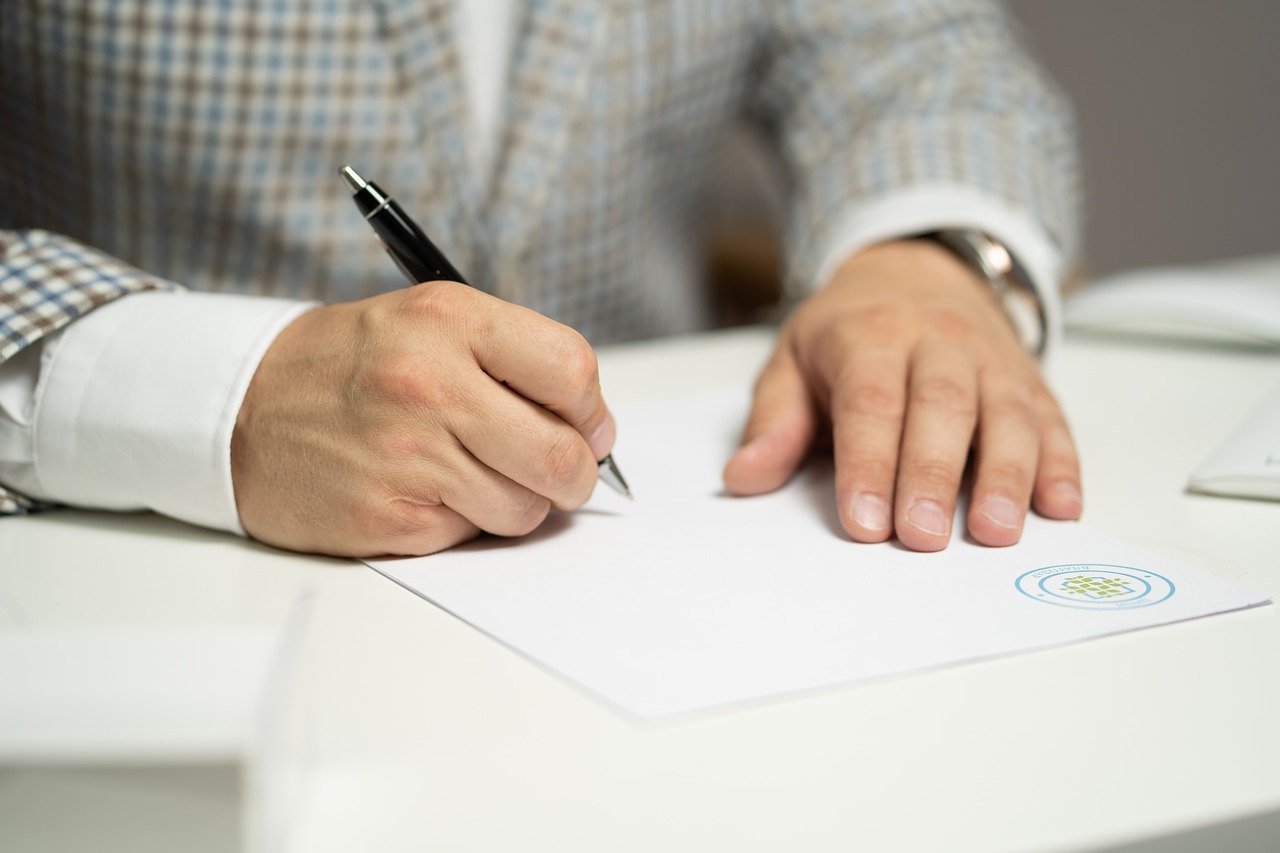When someone dies without a Will
Administering an estate without a Will can be quite a stressful and lengthy process. When an adult person dies in England or Wales, their property, money, financial affairs and possessions must be liquidated or transferred to another person such as a relative or next of kin. Usually, the executor or administrator of the estate is named in the Will of the person who has died. Of course, without a Will, no such person is selected so someone will need to volunteer for this role.
Estate planning and probate service providers, HWB Accountants, explain what happens when someone dies without a Will.
The term ‘dying intestate’ means when someone dies without a Will. An intestate death means the law will decide who inherits and is responsible for the estate. The intestacy rules determine who should apply for probate and inherit the deceased person’s estate by putting the deceased person’s relatives in priority order. The order will consider which relatives the deceased had, with the estate allocations differing depending on factors such as whether there was a spouse/civil partner and/or children.
What is included in the probate process?
Details of the estate assets and liabilities will need to be gathered to enable the inheritance tax forms to be completed and any IHT due paid. If required an application for probate can be submitted. Once the grant is received, the estate assets can then be collected in and the estate distributed between the beneficiaries.
Who can apply for probate without a Will
You can complete the inheritance tax forms and apply for probate yourself. There is plenty of information on the Government website, which will be able to help you. However in complex situations, it’s best to consult with a solicitor or specialist probate accountant who knows how the law works and what to do when distributing estates. They can provide as little or as much assistance as you need to complete the process.
Do you need to apply for probate?
Probate is the legal authority granted to enable certain individuals to manage and distribute the assets of the deceased.
You won’t need to apply for probate if the estate assets are jointly owned with a surviving spouse or civil partner. This is because the assets will pass to the joint owner automatically. (Note: if property held as tenants in common, not joint tenants, this will not be the case.)
Applying for Probate
When applying for probate, the first thing you need to do is obtain the death certificate. You will need this to submit with the IHT forms, to apply for probate, and to access the deceased bank account, investments and life insurance and confirm their death with various companies and institutions.
Establishing the estate assets and liabilities
Different IHT forms are required depending on the value of the estate and the reliefs and exceptions available. Before you start, you will therefore need to value the estate.
To value the estate, you must look at the total of all the assets, such as properties, private pensions, vehicles, jewellery or collectable items that may be worth a large sum of money, investments and savings.
You should contact the following:
- Pension providers
- Banks and building societies
- Shares or investment companies
- Their employer (if applicable)
- Any trust funds
- Life insurance provider
- Premium bonds
You also need to include jointly owned assets. If joint tenants own a property or share a bank or savings account, then both owners have equals rights to the whole asset. Although the asset automatically goes to the other joint owner if one of them dies, the deceased’s share of the assets must still be included in the value of the estate at death.
If the asset is owned as tenants in common then each owner can own a different share of the asset, which means the asset doesn’t automatically go to the other person if one of them dies. To find out more information you will need to review all paperwork and consult with a solicitor or accountant.
Paying debts and outstanding taxes
In addition to collating details of the estate assets, you will also need to tell HM Revenue and Customs about any debts and liabilities.
Debts include mortgages, loans, credit cards and overdrafts. It also includes liabilities such as household bills and bills for goods or service that relate to the period before death but are yet to be paid.
Finally, you will need to know about any gifts the deceased made in the 7 years before death where they exceeded £250 per person per annum (the small gifts exemption).
Distributing the estate according to intestacy rules
After the debts and taxes have been paid, you will have to distribute the estate following the intestacy rules.
Intestacy rules apply in a strict priority order depending on the type of relatives the deceased had. For example, if you are the spouse or civil partner of someone who has died, that has no surviving children, grandchildren or great-grandchildren, then you will inherit all of the personal property and belongings of your spouse.
Don’t forget…
If you need professional advice to help with administrating and valuing the estate and working out inheritance tax, speak to a qualified accountant or solicitor who will be able to help you.

